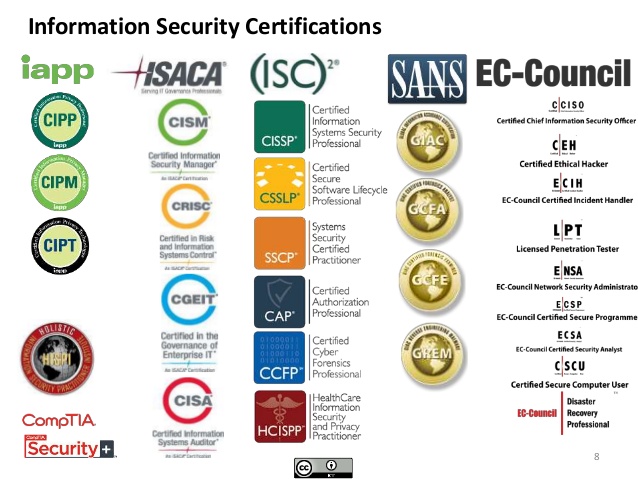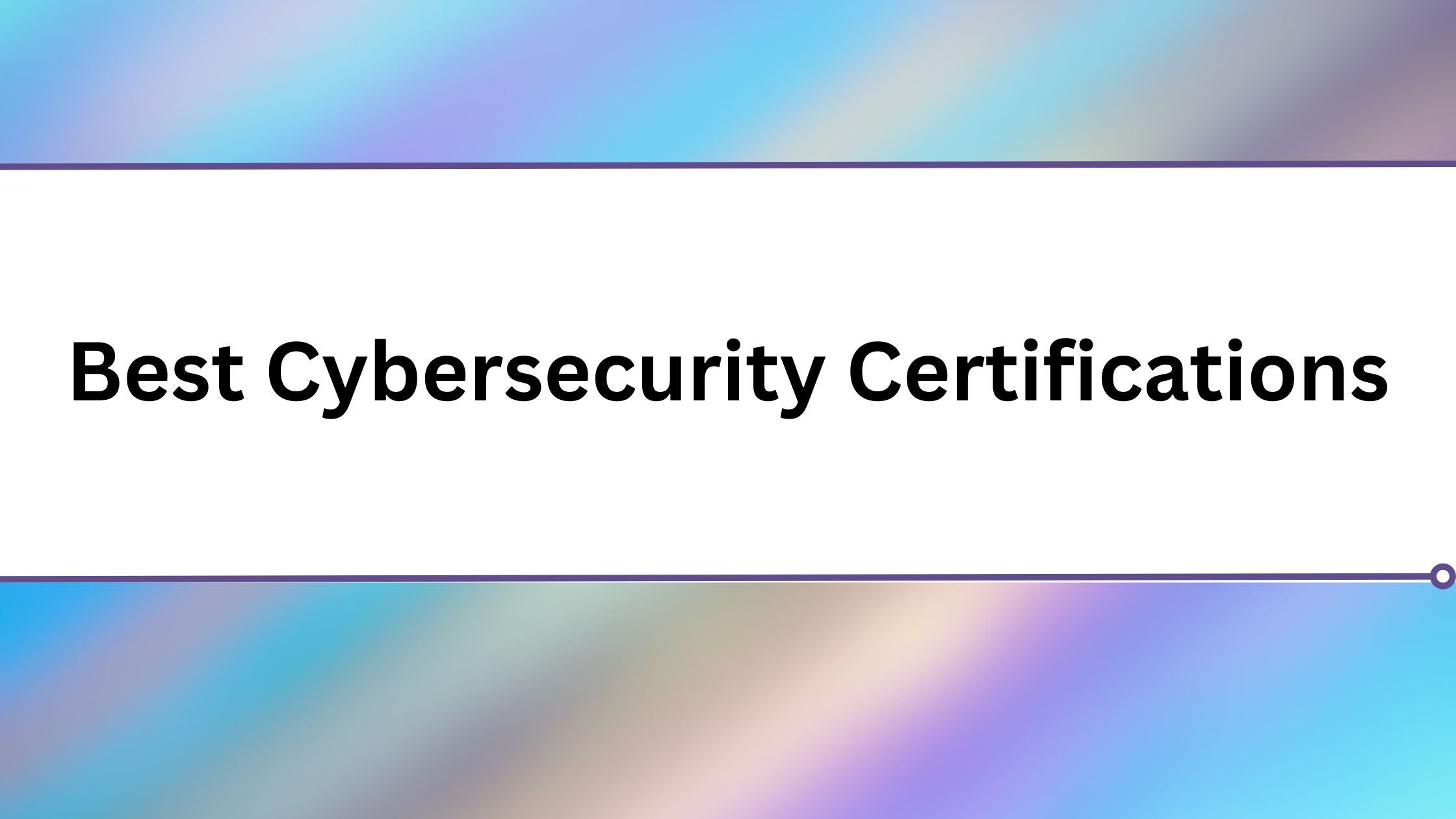“top 10 cybersecurity certifications for IT staff 2025”
Related Articles
- “2025 Best Practices For Securing Business Data”
- “how To Prevent Double-extortion Ransomware Attacks”
- “data Breach Insurance Requirements For Businesses”
- “future-proofing Your Business Against Quantum Hacking”
- “how AI Is Reshaping Data Security Strategies In 2025”
Introduction
Uncover the latest details about “top 10 cybersecurity certifications for IT staff 2025” in this comprehensive guide.
As threats become more sophisticated, the demand for skilled professionals equipped with the right certifications skyrockets. While many certifications exist, some offer a more significant return on investment (ROI) and a clearer path to career advancement. This in-depth exploration delves into the top 10 cybersecurity certifications for IT staff in 2025, revealing not just the certifications themselves, but also the “big secret” tips and tricks to maximize your success and stand out from the crowd.

1. Certified Information Systems Security Professional (CISSP): The Gold Standard
The CISSP remains the gold standard in cybersecurity certifications. It’s a globally recognized credential demonstrating mastery across a broad range of security domains, including security architecture, risk management, cryptography, and security operations.
- Secret Tip 1: Don’t just study the material; apply it. Use real-world scenarios and your own experiences to reinforce your understanding. Practice creating security policies and responding to hypothetical incidents.
- Secret Tip 2: Network! Join online communities and attend industry events to connect with other CISSPs and learn from their experiences. The shared knowledge is invaluable.
- Secret Tip 3: Focus on the Common Body of Knowledge (CBK). Understand the interconnectedness of the different domains. The exam tests not just knowledge, but also the ability to apply that knowledge holistically.
2. Certified Cloud Security Professional (CCSP): Navigating the Cloud Frontier
With the ever-increasing adoption of cloud technologies, cloud security expertise is in high demand. The CCSP validates your ability to design, manage, and secure cloud environments.
- Secret Tip 1: Gain hands-on experience with major cloud platforms like AWS, Azure, and GCP. Many offer free tiers to get started. Practical experience significantly enhances your understanding of the concepts tested.
- Secret Tip 2: Stay updated on the latest cloud security threats and best practices. Cloud security is a rapidly evolving field, so continuous learning is crucial.
- Secret Tip 3: Focus on the architectural aspects of cloud security. Understanding how different cloud services interact and how to secure their interactions is key.

3. Certified Ethical Hacker (CEH): Mastering Offensive Security
The CEH certification equips you with the skills to think like a hacker, allowing you to identify vulnerabilities and develop effective security countermeasures. It’s a valuable asset for penetration testers and security analysts.
- Secret Tip 1: Practice, practice, practice. Use virtual machines to experiment with different hacking techniques and tools in a safe environment.
- Secret Tip 2: Understand the legal and ethical implications of penetration testing. Always obtain explicit permission before testing any system.
- Secret Tip 3: Focus on the methodology behind ethical hacking. Understanding the systematic approach to identifying and exploiting vulnerabilities is crucial.
4. Certified Information Security Manager (CISM): Leading Security Teams
The CISM certification is designed for IT managers and professionals responsible for developing and implementing organizational security strategies. It focuses on governance, risk management, and compliance.
- Secret Tip 1: Develop strong leadership and communication skills. As a security manager, you’ll need to effectively communicate complex technical concepts to both technical and non-technical audiences.
- Secret Tip 2: Gain experience in risk management frameworks like NIST and ISO 27001. Understanding these frameworks is crucial for effective security governance.
- Secret Tip 3: Stay updated on relevant regulations and compliance standards. The regulatory landscape is constantly changing, and staying informed is essential.
5. CompTIA Security+: The Foundational Building Block
CompTIA Security+ is a vendor-neutral certification that serves as a foundational building block for many other cybersecurity certifications. It covers a wide range of security concepts and is an excellent starting point for those new to the field.
- Secret Tip 1: Use practice exams extensively. This helps you identify your weak areas and focus your study efforts.
- Secret Tip 2: Focus on hands-on experience. Even basic networking and troubleshooting skills will significantly enhance your understanding of the material.
- Secret Tip 3: Don’t underestimate the importance of the basics. A strong foundation is crucial for building more advanced skills.
6. Offensive Security Certified Professional (OSCP): The Penetration Testing Pinnacle
The OSCP is a highly respected penetration testing certification that requires demonstrating practical skills through a challenging hands-on exam. It’s a highly sought-after credential by employers.
- Secret Tip 1: Start early and dedicate significant time to the preparation. The exam is notoriously difficult, so thorough preparation is essential.
- Secret Tip 2: Utilize the Offensive Security Penetration Testing with Kali Linux course effectively. This course provides the necessary foundation for success.
- Secret Tip 3: Practice, practice, practice. The more hands-on experience you have, the better prepared you’ll be for the exam.
7. Certified in Risk and Information Systems Control (CRISC): Mitigating Risk Effectively
CRISC focuses on enterprise IT risk management and control. It’s ideal for professionals involved in identifying, assessing, and mitigating risks within IT systems.
- Secret Tip 1: Understand the CRISC framework thoroughly. This includes the four domains of risk assessment, risk response, monitoring and control, and information systems acquisition, development, and implementation.
- Secret Tip 2: Gain experience in risk management methodologies and tools. This will help you apply the concepts learned during your preparation.
- Secret Tip 3: Focus on case studies and real-world examples. This will help you understand how to apply the CRISC framework in practical situations.
8. GIAC Security Essentials (GSEC): A Strong Foundation for GIAC Certifications
GSEC serves as a foundational certification for many other GIAC certifications. It provides a comprehensive overview of security concepts and principles, making it a valuable asset for those seeking a career in cybersecurity.
- Secret Tip 1: Focus on the practical application of security concepts. The exam tests not just theoretical knowledge but also the ability to apply that knowledge to real-world scenarios.
- Secret Tip 2: Utilize the GIAC study materials effectively. These materials provide a comprehensive overview of the topics covered on the exam.
- Secret Tip 3: Network with other professionals in the field. This will help you learn from their experiences and stay updated on the latest trends in cybersecurity.
9. Certified Cloud Security Engineer (CCSE): Google Cloud Specialization
For those focused on Google Cloud Platform (GCP), the CCSE certification validates your skills in designing, deploying, and managing secure cloud environments within GCP.
- Secret Tip 1: Hands-on experience with GCP is crucial. Use the free tier to experiment and familiarize yourself with the platform’s security features.
- Secret Tip 2: Focus on GCP-specific security services and best practices. Understanding how these services work and how to use them effectively is crucial.
- Secret Tip 3: Stay updated on the latest GCP security announcements and updates. The cloud security landscape is constantly evolving, so continuous learning is vital.
10. AWS Certified Security – Specialty: Amazon Web Services Focus
Similar to the CCSE, this certification focuses on securing AWS environments. It validates your expertise in implementing and managing security controls within the AWS ecosystem.
- Secret Tip 1: Gain practical experience with AWS security services. Use the AWS Free Tier to experiment and develop your skills.
- Secret Tip 2: Focus on the shared responsibility model. Understanding the responsibilities of both AWS and the customer is crucial for effective cloud security.
- Secret Tip 3: Stay updated on the latest AWS security best practices and announcements. AWS is constantly updating its services and security features.
Frequently Asked Questions (FAQs)
Q: Which certification should I pursue first?
A: For beginners, CompTIA Security+ is an excellent starting point. It provides a solid foundation for more advanced certifications.
Q: How much time should I dedicate to studying for these certifications?
A: The required study time varies depending on your prior experience and the specific certification. Expect to dedicate several weeks or even months to thorough preparation.
Q: Are these certifications worth the investment?
A: Absolutely! These certifications significantly enhance your career prospects and earning potential in the high-demand field of cybersecurity.
Q: How do I stay updated on the latest cybersecurity trends?
A: Join professional organizations, follow industry blogs and news sources, and attend conferences and workshops. Continuous learning is crucial in this rapidly evolving field.
Q: Can I get a job with just one certification?
A: While one certification can help, having multiple relevant certifications often strengthens your application and demonstrates a broader skill set.
Q: What are the salary expectations after obtaining these certifications?
A: Salaries vary based on location, experience, and the specific certification. However, professionals with these certifications generally command significantly higher salaries than those without.
This comprehensive guide provides a solid foundation for navigating the world of cybersecurity certifications. Remember, the secret to success isn’t just about acquiring the certifications but also about continuously learning, networking, and applying your knowledge to real-world scenarios. Embrace the challenges, and you’ll be well-equipped to thrive in this exciting and dynamic field.
Source URL: [Insert a relevant URL from a reputable cybersecurity resource website here, e.g., a page from SANS Institute, Cybrary, or CompTIA]
Closure
We hope this article has helped you understand everything about “top 10 cybersecurity certifications for IT staff 2025”. Stay tuned for more updates!
Don’t forget to check back for the latest news and updates on “top 10 cybersecurity certifications for IT staff 2025”!
Feel free to share your experience with “top 10 cybersecurity certifications for IT staff 2025” in the comment section.
Stay informed with our next updates on “top 10 cybersecurity certifications for IT staff 2025” and other exciting topics.
